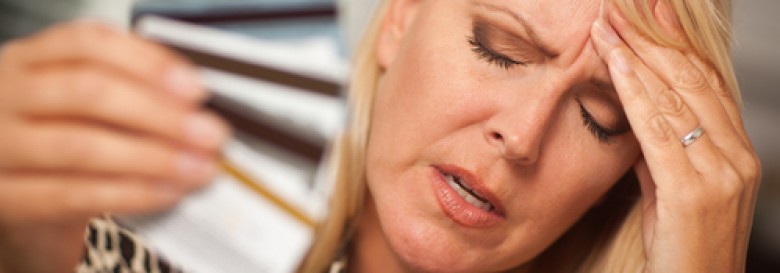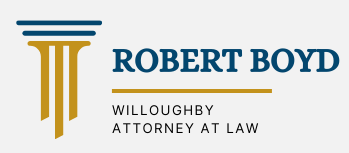What Is Chapter 7 Bankruptcy?

Most individuals who file for bankruptcy do so through Chapter 7 bankruptcy, which is the simplest of the two types available for individuals. This blog post provides a brief introduction to this form of bankruptcy to help you understand what’s involved.
The General Principle
The idea behind Chapter 7 bankruptcy is to eliminate all dis-chargeable debt by selling off the debtor’s “unprotected” assets. Because of this, the bankruptcy is referred to as a “liquidation” bankruptcy.
What Is Liquidated During a Chapter 7 Bankruptcy?
When your attorney files your petition, a trustee will be appointed to administrate your bankruptcy. The trustee will look over your list of assets and determine what, if anything can be sold. You will have the opportunity to make certain things exempt, including:
– Your home unless the equity exceeds $125,000 and a car that is not worth more than $3500.
– Household goods and personal belongings are generally exempt because they don’t have enough value to sell to pay back debts.
Any retirement funds that you have are also generally not able to be taken as a part of a Chapter 7 bankruptcy. In most cases, debtors are able to exempt enough of their property that they are not required to liquidate any of their assets in order to have their debt discharged.
Who Can File for a Chapter 7 Bankruptcy?
In order to qualify for a discharge under Chapter 7, your income must fall below a certain level. A questionnaire called the Means Test is used to determine whether or not you are eligible to file under Chapter 7.
What Kind of Debt Can Be Lowered or Discharged in Chapter 7?
Nearly all unsecured debt like credit card debt and medical bills can be discharged in a Chapter 7 bankruptcy. Secured debt like mortgages and car loans are not impacted by Chapter 7 in any way. Student loans and most taxes are not dischargeable in bankruptcy.
How Long Does It Take to Receive a Discharge of Your Debt?
In most cases, the debt from a Chapter 7 Bankruptcy will be discharged within 3 to 6 months.
What Are the Benefits of Chapter 7 Bankruptcy?
A Chapter 7 Bankruptcy provides a simple, fast way for individuals who are saddled with debt to start over. Most people do not have to liquidate assets in order to receive the benefits of Chapter 7.
What Are the Drawbacks to Chapter 7 Bankruptcy?
If you do have any unprotected property, it can be sold to pay off all or a portion of your debts if you choose to file Chapter 7. Also, the program will not help you avoid foreclosure on your home or the repossession of your vehicles.
To learn more about Chapter 7 bankruptcy, contact the office of Attorney Robert A. Boyd at 440-230-3230. As a bankruptcy attorney with more than 25 years of experience, he can answer your questions and help you decide if Chapter 7 bankruptcy is the right choice for you.
